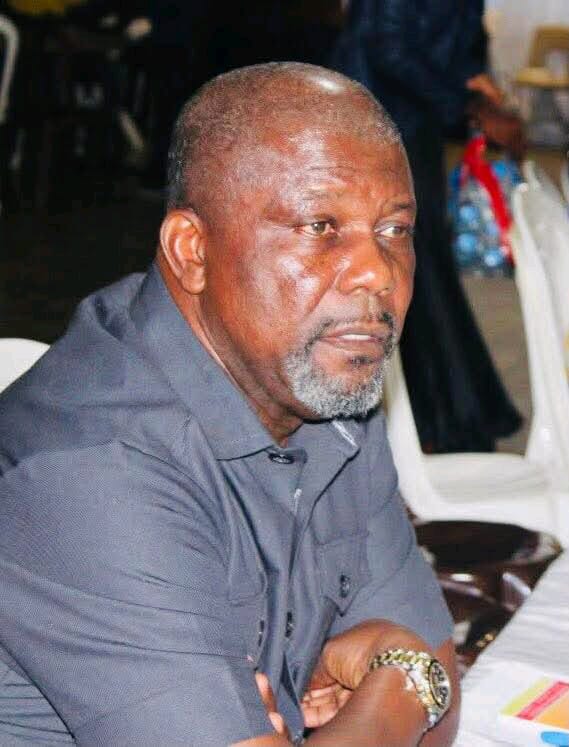The Liberia Agricultural Commodity Regulatory Authority (LACRA) embarked on a fact-finding mission to Ivory Coast, the world’s leading cocoa producer, to glean insights and forge potential partnerships aimed at revitalizing Liberia’s own cocoa industry. This strategic initiative, led by Acting Director General Dan Saryee and Deputy for Operations and Technical Services Apha Gongolee, underscores LACRA’s commitment to modernizing and strengthening Liberia’s cocoa value chain, ultimately enhancing farmer livelihoods and boosting the nation’s export competitiveness. The Ivorian cocoa sector, with its impressive $3.3 billion export value in 2023, serves as a compelling model for Liberia’s aspirations.
The delegation’s itinerary included engagements with key Ivorian institutions such as the Coffee and Cocoa Regulatory Authority (CCC), the Wild Chimpanzee Foundation (WCF), and the Rainforest Alliance. These meetings aimed to facilitate knowledge exchange and explore collaborative opportunities in areas like sustainable cocoa farming practices, quality control, and market access. Furthermore, site visits to cocoa farms, fermentation centers, packaging facilities, cooperatives, and jute bag production plants provided the LACRA officials with a firsthand understanding of the intricacies of a thriving cocoa industry, from bean to finished product. This immersive experience will inform LACRA’s efforts to replicate successful strategies and adapt them to the Liberian context.
LACRA’s current reform agenda prioritizes decentralization of operations and direct support to cocoa farmers. This includes establishing regional warehouses to mitigate chronic storage issues that often plague smallholder farmers, thus minimizing post-harvest losses and ensuring greater access to markets. The introduction of practical farmer training programs focused on crucial post-harvest techniques like fermentation and drying aims to enhance the quality of Liberian cocoa beans, a critical factor in commanding premium prices in the international market. Furthermore, the construction of solar dryers in key cocoa-producing regions represents a significant investment in improving bean quality and reducing reliance on traditional drying methods that can be susceptible to weather-related disruptions.
These interventions are integral to LACRA’s broader strategy of aligning Liberia’s cocoa industry with international quality standards and market requirements. A key aspect of this strategy involves addressing the European Union Deforestation Regulations (EUDR), which stipulate that agricultural products entering the EU market, including cocoa, must be demonstrably free from deforestation links after December 31, 2020. Compliance with the EUDR is essential for Liberian cocoa to access the lucrative European market, a crucial step in expanding export opportunities and boosting farmer incomes.
To meet the EUDR requirements, LACRA is developing a robust traceability system that will track cocoa beans from farm to port, providing verifiable evidence of their origin and production methods. This system will not only facilitate compliance with international regulations but also enhance transparency and accountability within the Liberian cocoa supply chain. The Ivorian experience in developing and implementing similar traceability systems will undoubtedly provide valuable insights for LACRA’s own efforts. The knowledge gained from the Ivorian mission is anticipated to be instrumental in guiding LACRA’s policy and program development, ultimately transforming Liberia’s cocoa sector into a more competitive and sustainable engine of rural development.
The exploratory mission to Ivory Coast represents a proactive approach by LACRA to learn from a global leader in cocoa production and adapt best practices to the Liberian context. By focusing on enhancing farmer capabilities, improving bean quality, and ensuring compliance with international regulations, LACRA aims to position Liberian cocoa as a premium product in the global market. This strategic vision has the potential to significantly impact the livelihoods of cocoa farmers and contribute to the overall economic development of rural Liberia, making the sector a more attractive and sustainable source of income for local communities. The Ivorian model provides a valuable roadmap for Liberia’s journey towards a revitalized and globally competitive cocoa industry.














